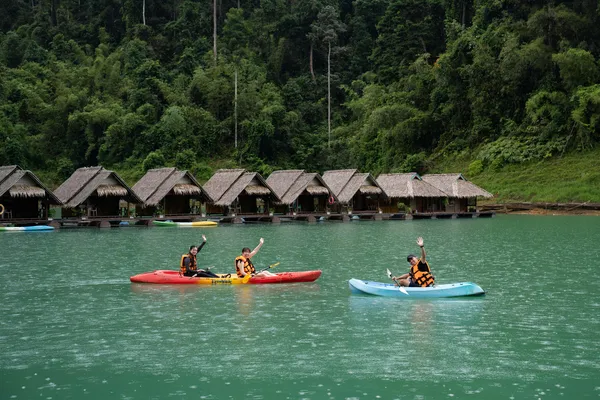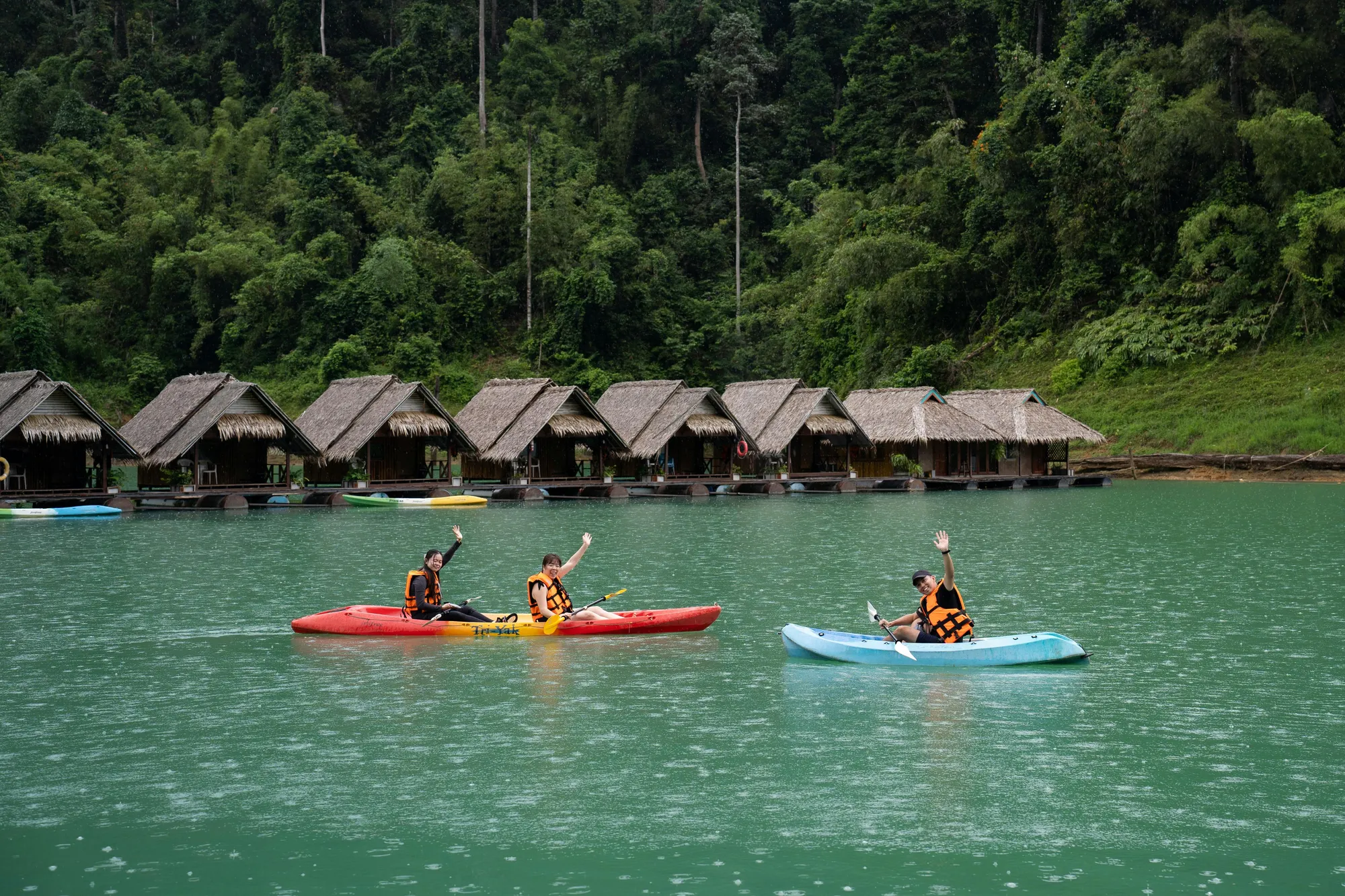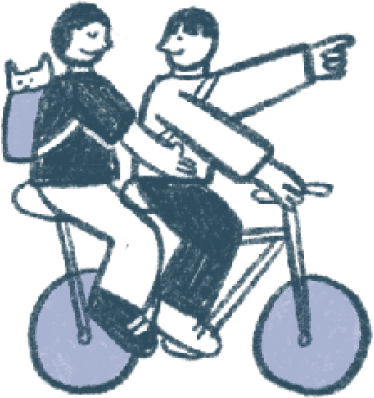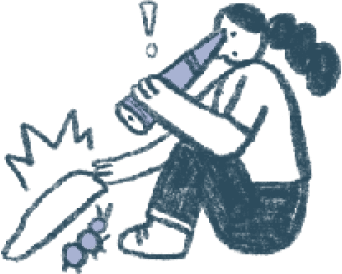5 reasons why you should go to a no-touch no-bathe elephant sanctuary in Chiang Mai

One of the top things to do in Chiang Mai is to go on a full day or half day tour to an elephant sanctuary to see Asian elephants. In fact, for many travelers, encountering these gentle giants is often the highlight of their trip to Northern Thailand.
Elephant tourism in Chiang Mai has changed - though not as much as travellers may think. Many venues have stopped offering elephant riding and shows, and now call themselves "ethical sanctuaries" – but they often still allow visitors to touch, feed, and bathe the elephants. So, in reality they aren't very ethical!
According to World Animal Protection, interactions like bathing and selfies cause just as much suffering as elephant rides. If we want to see elephants in a truly ethical way, we should only visit places where you can look and not touch.
Here are some things that you should know before you visit an elephant sanctuary in Chiang Mai.
Elephants do not enjoy human contact
The first thing for us to remember is that elephants are wild animals, and are not domesticated, and never will be.
Because of their instincts, a wild animal in its natural habitat would be extremely cautious of humans and avoid human interaction at all costs. Close proximity to humans is unnatural and stressful for them.
Close contact with elephants involve “The Crush”
Despite being known as gentle giants, we need to remember that elephants can seriously injure anything and anyone. For visitors to get close to touch, feed or bathe them, these massive and powerful animals have to be kept under tight control. It would be too dangerous otherwise.
This means that they have undergone cruel training tactics, commonly known as “the crush” or “the Phajaan” or “breaking the spirit of an elephant”. This involves forcibly separating calves from their mothers and subjecting them to brutal physical and psychological torture until they submit to human control and can be controlled by fear.
It's important to remember that elephants did not choose to be with humans, and it is because of these domineering training methods that enable close-up interactions.
Touching and bathing is stressful for elephants
Tourist elephant bathing experiences can be highly stressful for elephants, especially if it involves a whole heap of people around them, climbing on top of them. It also disrupts their natural grooming behaviours.
If an elephant tour promotes bathing, there will often be different groups of tourists giving them a mud bath or mud spa several times a day, during their half day morning and afternoon tours. This happens almost every single day. The elephants have no choice about being washed, when, or for how long.
Elephant feeding disrupts natural behaviours
Direct feeding by tourists can disrupt elephants' natural foraging behaviours and social dynamics.
Food distribution determines competition. When there are abundant food resources that are monopolised by groups or individuals, like being directly fed by tourists, it encourages aggressive behaviour as elephants compete for food. This can lead to dangerous situations and an increased risk of injuries, especially if tourists are close to the elephants.
Close contact with elephants is inherently dangerous
Even rescued elephants, while accustomed to human presence, retain their wild instincts. Past cruel training does not mean that they will forever be docile. Unpredictable behaviour is always a possibility.
Close contact is inherently risky because of their size and strength. It's crucial to remember that these animals can become stressed or agitated. This is why touching, feeding and bathing elephants is ultimately dangerous and still requires control measures if the elephant acts out.
Unfortunately, incidents of elephants in captivity that injure and kill people occur more frequently than we realise. There are documented cases of elephants attacking people who teased them with food, touched them, or simply got too close. Given these risks, it's hard to imagine why anyone would willingly participate in such activities.
The importance of a no-touch, no-feed, no-bathe approach
The best place to see wildlife is in the wild, where they can roam free in their natural environment. The next best is to see them in an ethical elephant sanctuary that puts the elephants' needs first.
Having a no-touch approach does just that. When visitors observe and keep a safe distance, elephants have space to express their natural behaviours. A no-touch approach also fosters a more authentic and respectful relationship between elephants and mahouts, as this allows for more space and less control.
“A true elephant-friendly venue is purely observational for visitors, where the safety of visitors and wellbeing of elephants reduce the need to constantly control the animals.” - World Animal Protection
Ethical Sanctuaries in Chiang Mai
If you’re looking for a true ethical elephant experience in Chiang Mai, check out these full day trips and volunteer programmes here!
These elephant conservation experiences on Seek Sophie have been carefully selected by our team, who have gone on the ground to ensure that they align with the highest welfare standards set by World Animal Protection.







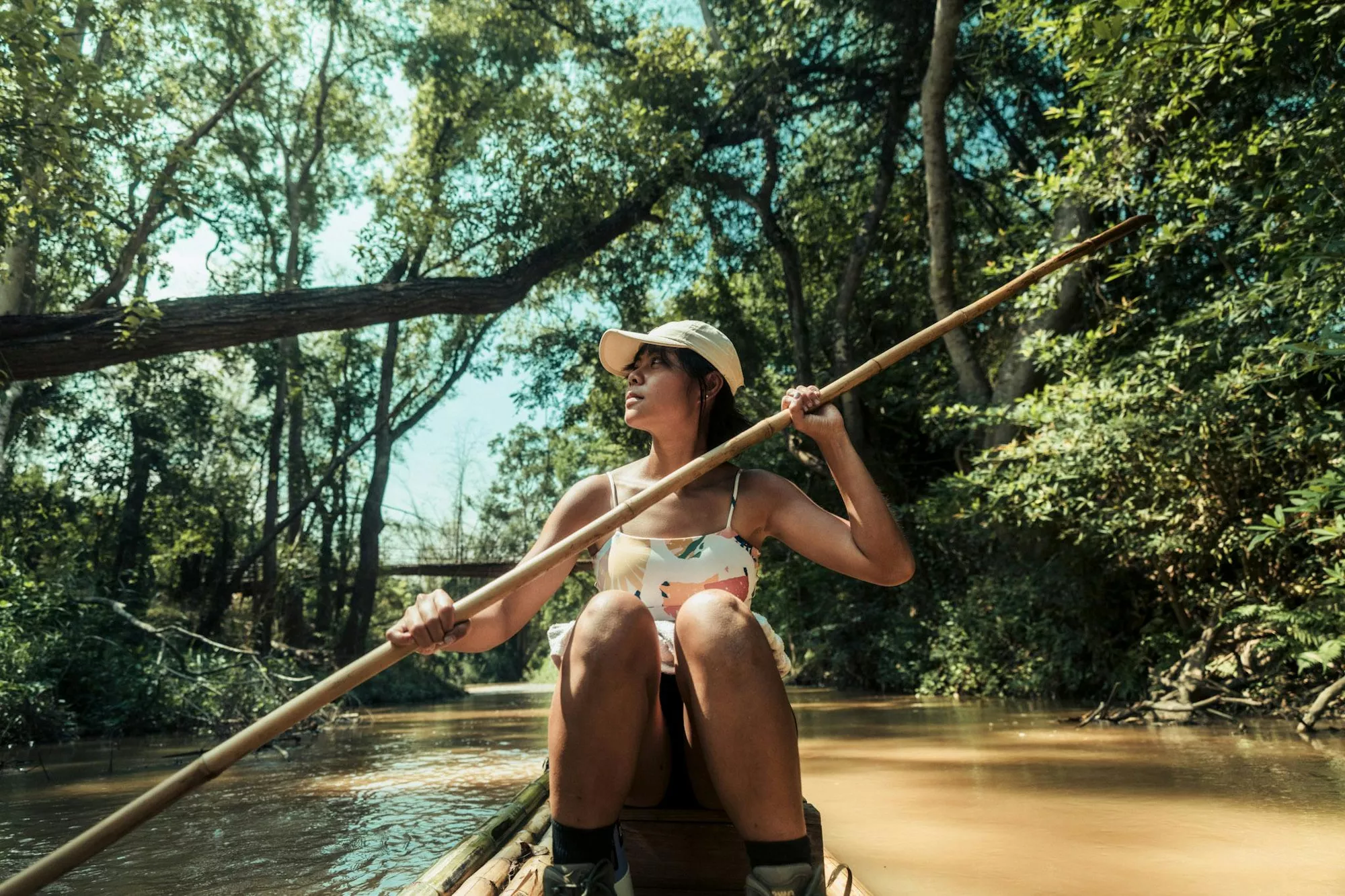
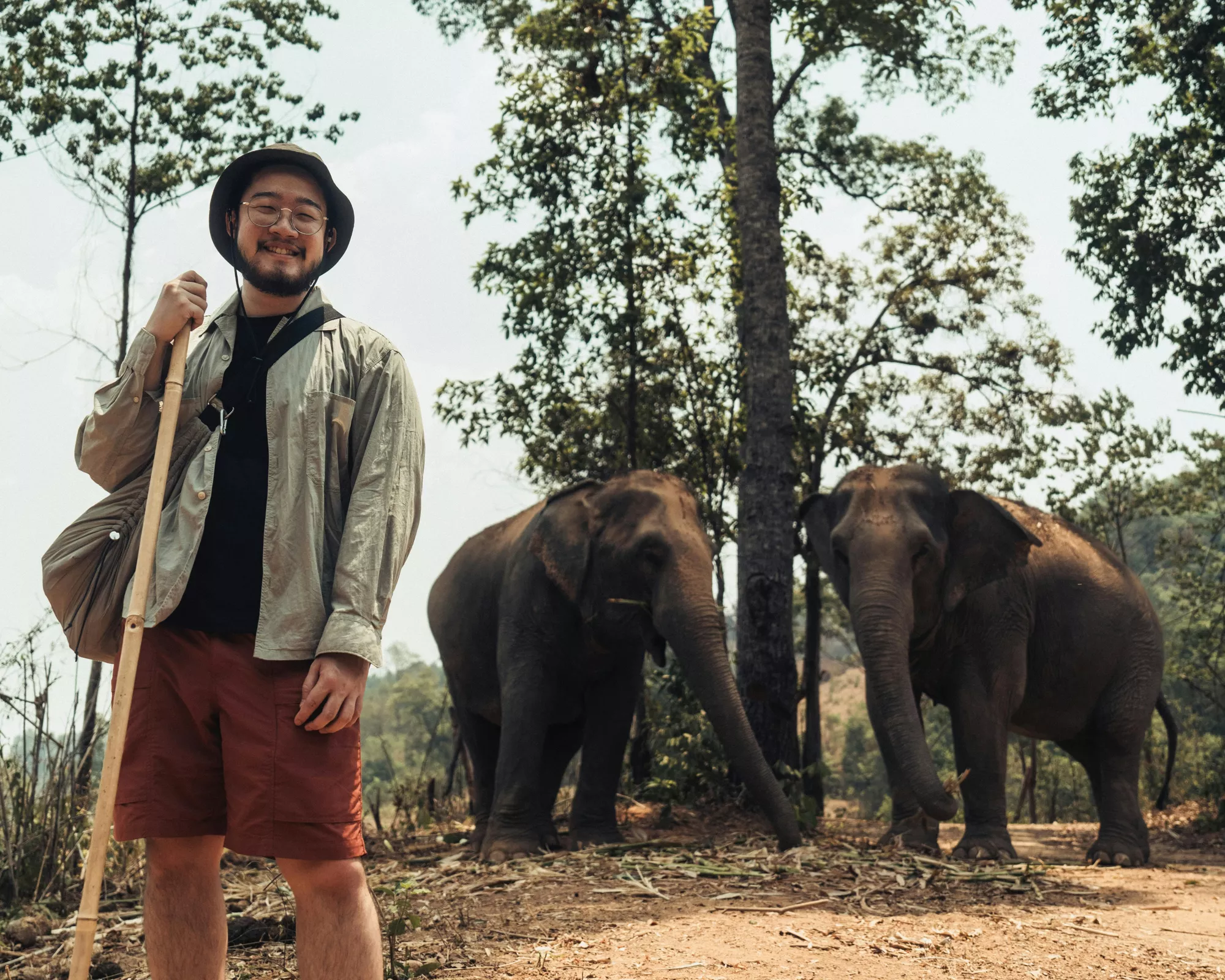
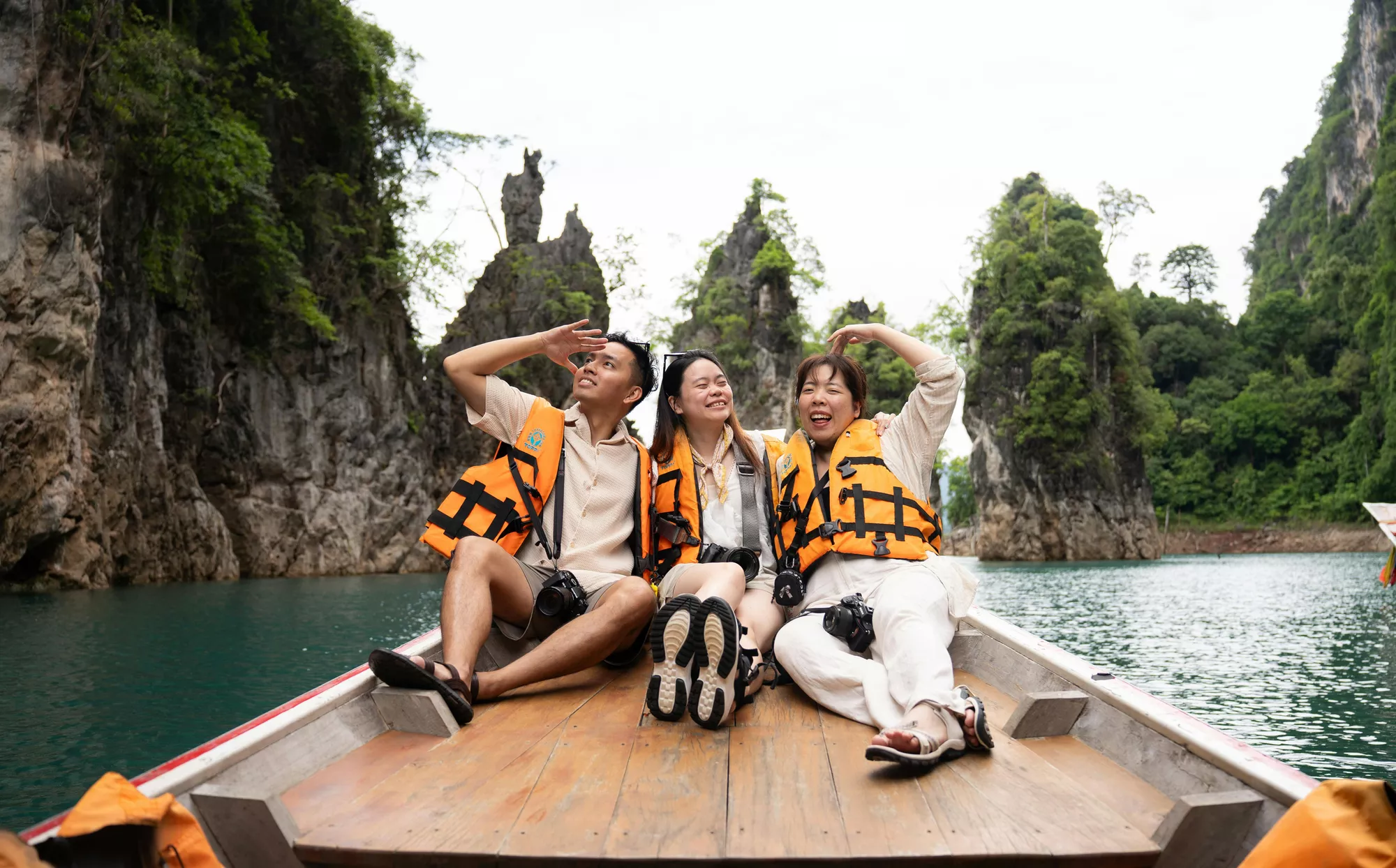
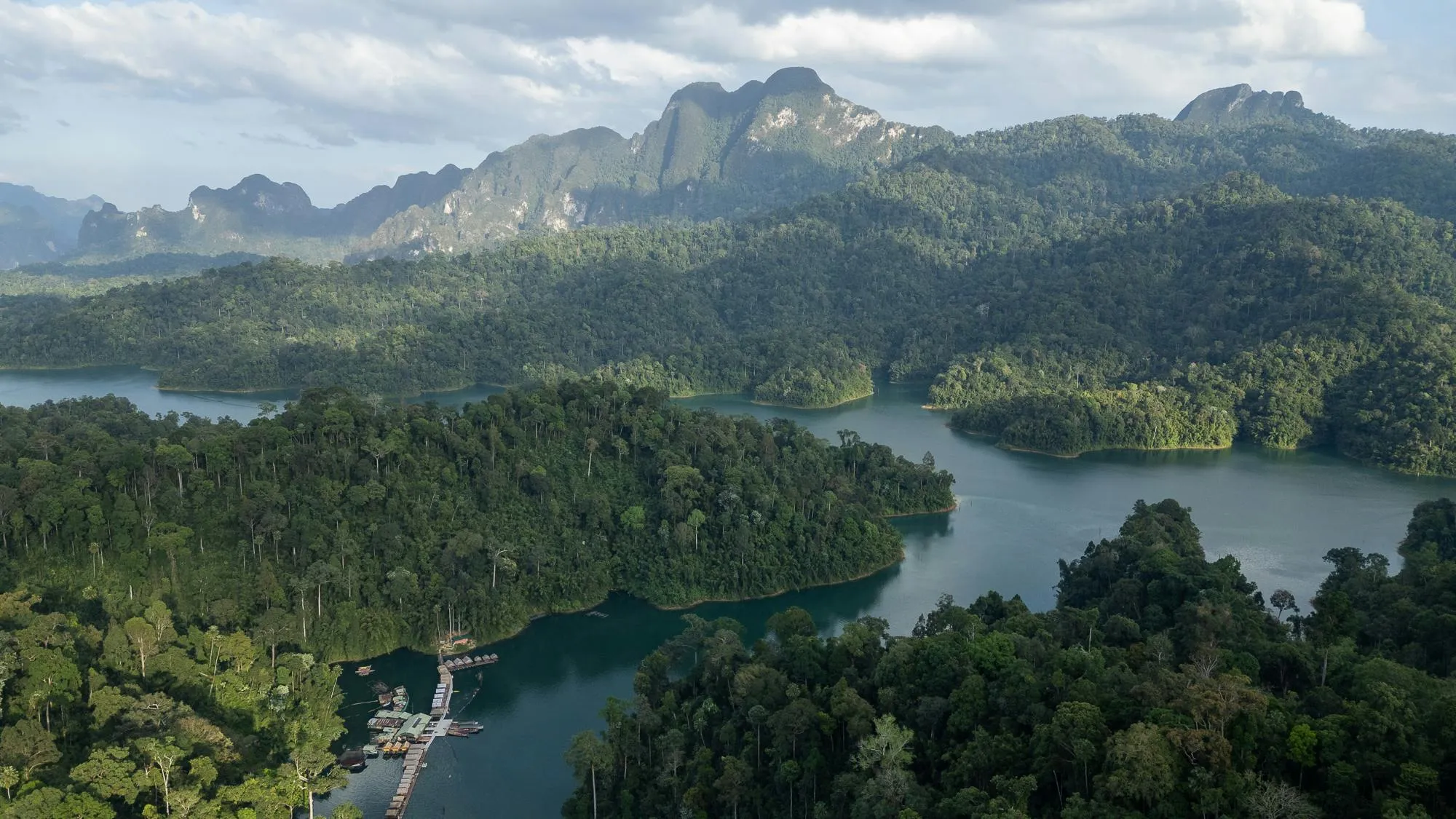


![Khao Sok National Park: Everything You Need to Know + Avoid the Crowds [2025]](https://d18sx48tl6nre5.cloudfront.net/webp_md_5fd961d030508c11bdf205f9f3952ca4.webp)

